Learning how to think about thinking can help students develop strategies for solving problems and understand tasks at hand.
Learn more / En savoir plus / Mehr erfahren:
http://www.scoop.it/t/21st-century-learning-and-teaching/?&tag=reflection
http://www.scoop.it/t/21st-century-learning-and-teaching/?&tag=Psychology
http://www.scoop.it/t/21st-century-learning-and-teaching/?&tag=Metacognition



 Your new post is loading...
Your new post is loading...

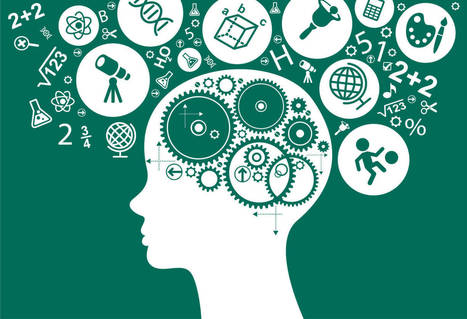







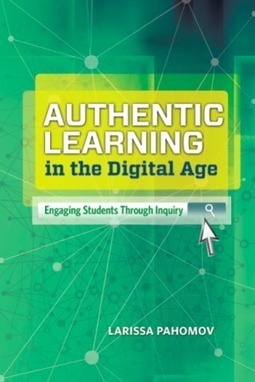

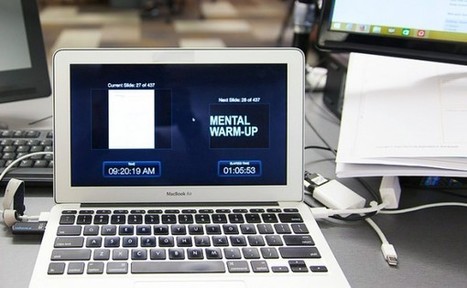


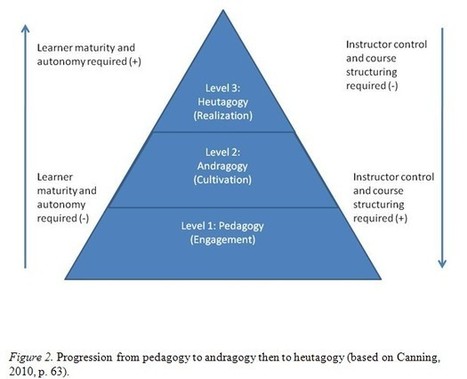

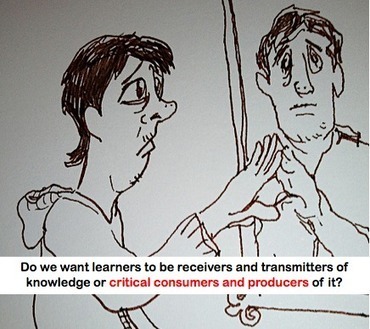

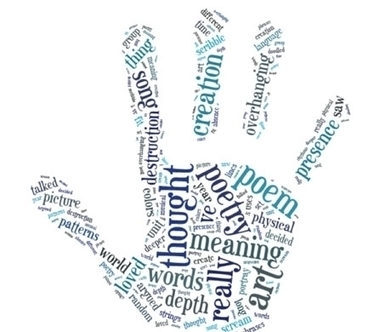






Learn more / En savoir plus / Mehr erfahren:
http://www.scoop.it/t/21st-century-learning-and-teaching/?&tag=reflection
http://www.scoop.it/t/21st-century-learning-and-teaching/?&tag=Psychology
http://www.scoop.it/t/21st-century-learning-and-teaching/?&tag=Metacognition